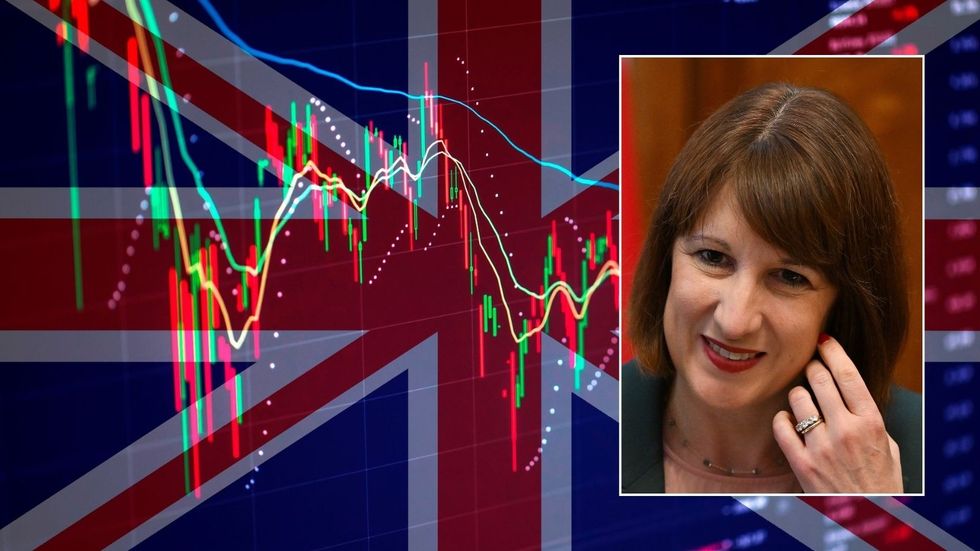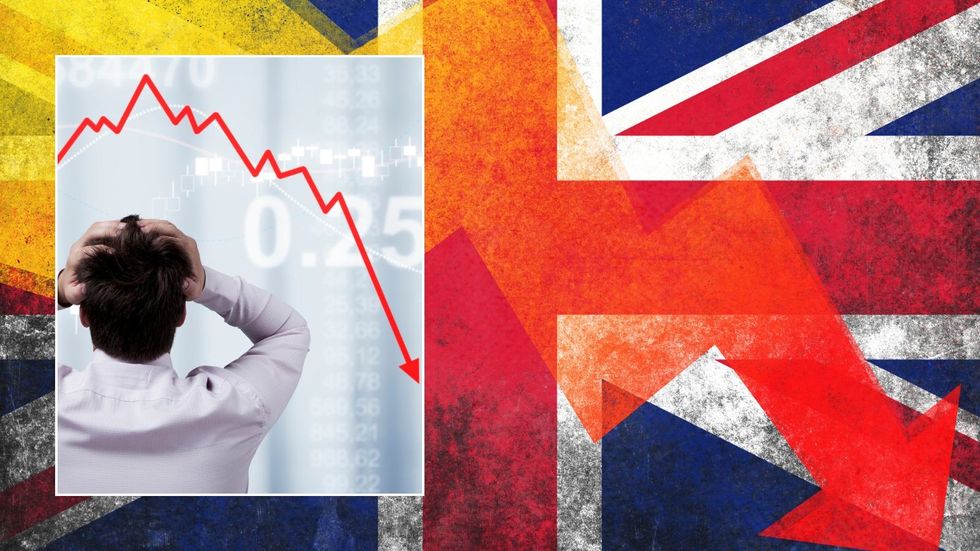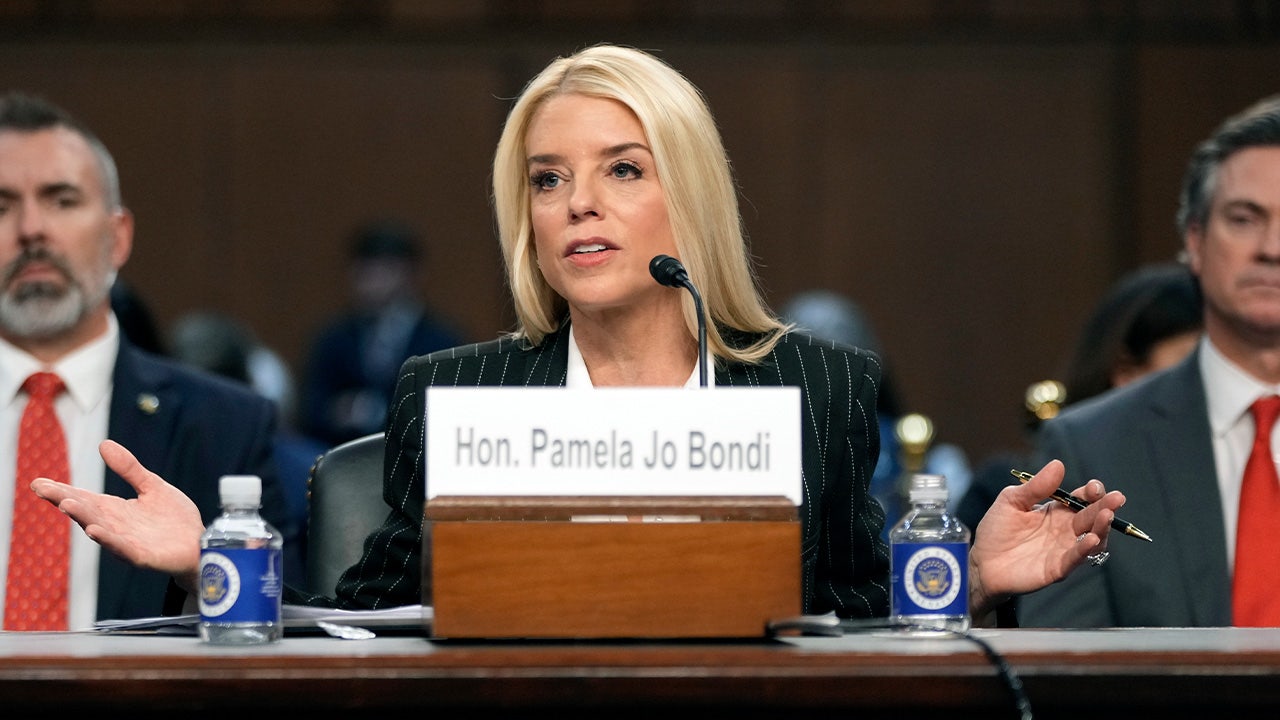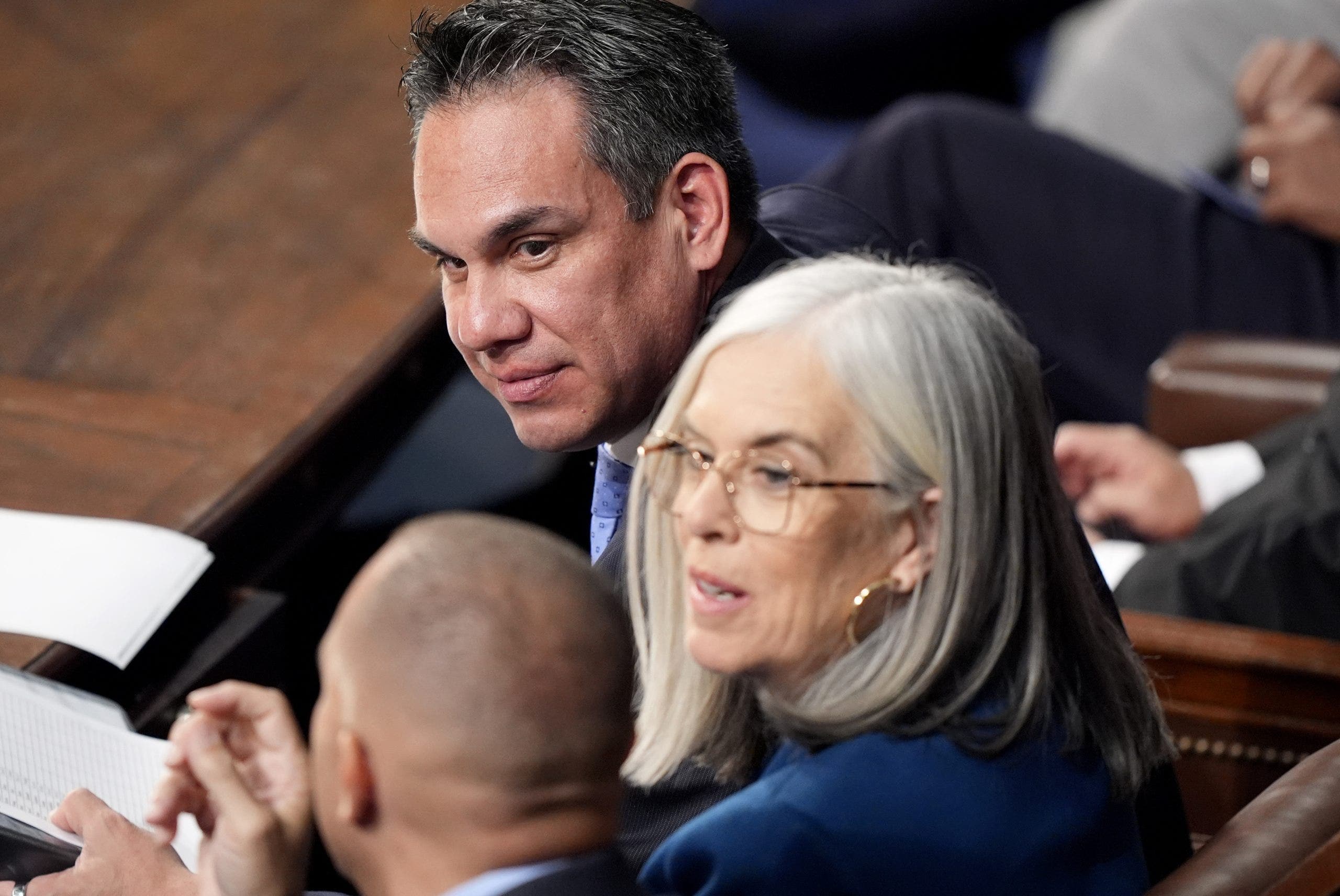The UK economy grew by 0.1 per cent in November, marking its first expansion in three months, despite concerns over Chancellor Rachel Reeves's fiscal agenda. This comes after Office for National Statistics Figures (ONS) figures revealed the consumer price index (CPI) rate of inflation fell to 2.5 per cent in the 12 months to December 2024.
However, it should be noted that today's figures found growth figures still fell below economists' expectations as the City had forecast a rate of 0.2 per cent for the 12 months to November.
This modest increase follows two consecutive months of declining output in September and October, which had raised concerns about the possibility of a technical recession over the winter period.
The economy had previously contracted by 0.1 per cent in both September and October. This marks the first month of growth since August when Labour took power and GDP subsequently flatlined in the third quarter.
Return to growth comes amid recent turbulence in financial markets that has pushed Government borrowing costs to their highest levels in several years. The value of the pound has also fallen during this period of economic uncertainty.
Do you have a money story you’d like to share? Get in touch by emailing money@gbnews.uk.
The economy has grown for the first time in months despite concerns over Rachel Reeves's fiscal agenda
GETTY/PA
Reacting to today's economy figures, Reeves said: "I am determined to go further and faster to kickstart economic growth, which is the number one priority in our Plan for Change."
"That means generating investment, driving reform and a relentless commitment to root out waste in public spending, and today I will be pressing regulators on what more they can do to deliver growth," she added.
The Chancellor emphasised that after fourteen years of economic stagnation, her Government's primary mission is to grow the economy and put more money into working people's pockets.
The services sector was the main driver behind November's marginal growth, according to the ONS. Pubs, restaurants and IT companies performed particularly well during the month.
Britons have struggled to manage their finances amid the turbulent economy
GETTY
Some sectors continue to face challenges, with manufacturing struggling, particularly in areas like chemicals, due to high energy costs compared to US competitors. Businesses are also grappling with elevated debt service costs, with insolvencies reaching 30-year highs.
Investors are now betting on an interest rate cut from the Bank of England next month. Market expectations suggest rates could be reduced to 4.5 per cent in February.
However, inflation remains above the Bank of England's two per cent target, despite showing its first decline in three months. Michael Field, European equity strategist at Morningstar, offered an optimistic outlook: "With growth expected to improve further in 2025, this lays a positive backdrop for UK equities."
Hailey Low, an associate economist at the National Institute of Economics and Social Research, said: "The subdued growth figures today elevate concerns over the UK’s economic outlook moving into 2025.
High inflation and interest rates have been a weight on the UK economy in recent years
GETTY
"The sizeable majority that this Government won at the last election was supposed to provide them with the political capital to allow them to forego short-termism and embark on a long-term strategy to restructure the economy.
"An adverse global economic and political climate – partially inherited but also exacerbated by decisions such as the increase in employer National Insurance contributions – means that this opportunity is beginning to escape their grasp.
"With the economy stagnating, the financial markets turning against the UK in an indication of a lack of business confidence, and underwhelming polling for what remains a fledgling Government, the political capital the Government arrived with in July is fading.
"The foundations have not yet been set for growth in 2025. While the increase in Government spending by £70billion a year over the next five years will go some way to repair public services and reinvigorate the economy, this alone is not a sustainable path to growth."

 By GB News (Politics) | Created at 2025-01-16 07:49:05 | Updated at 2025-01-16 12:10:07
4 hours ago
By GB News (Politics) | Created at 2025-01-16 07:49:05 | Updated at 2025-01-16 12:10:07
4 hours ago











